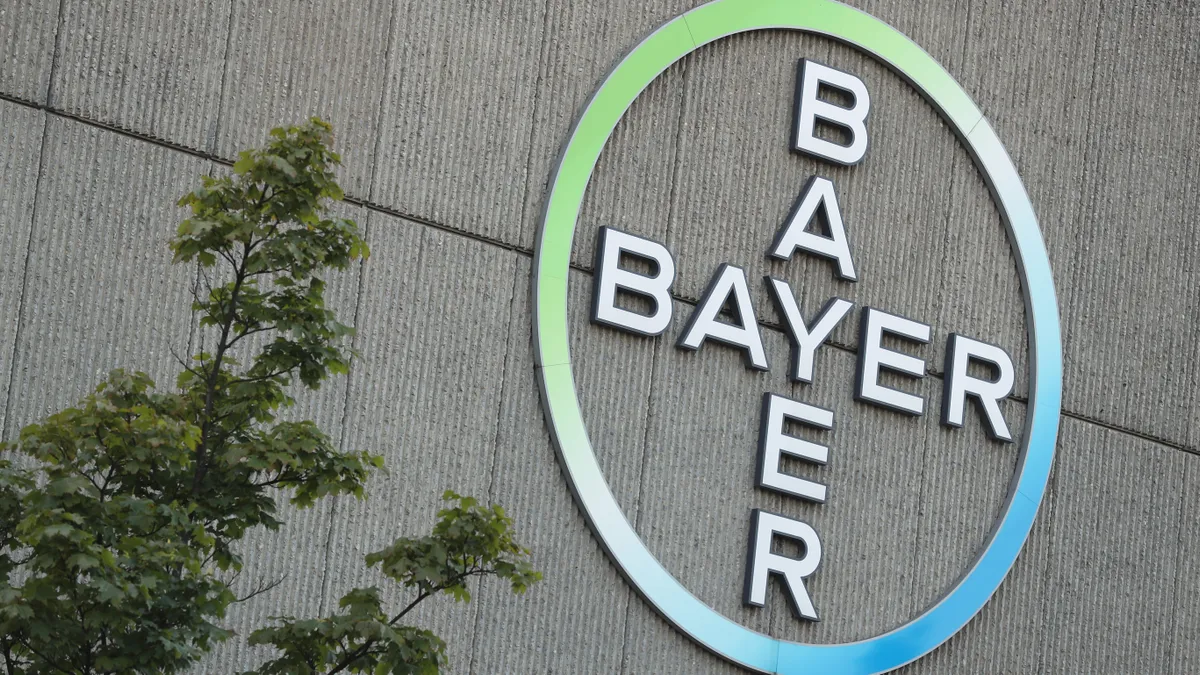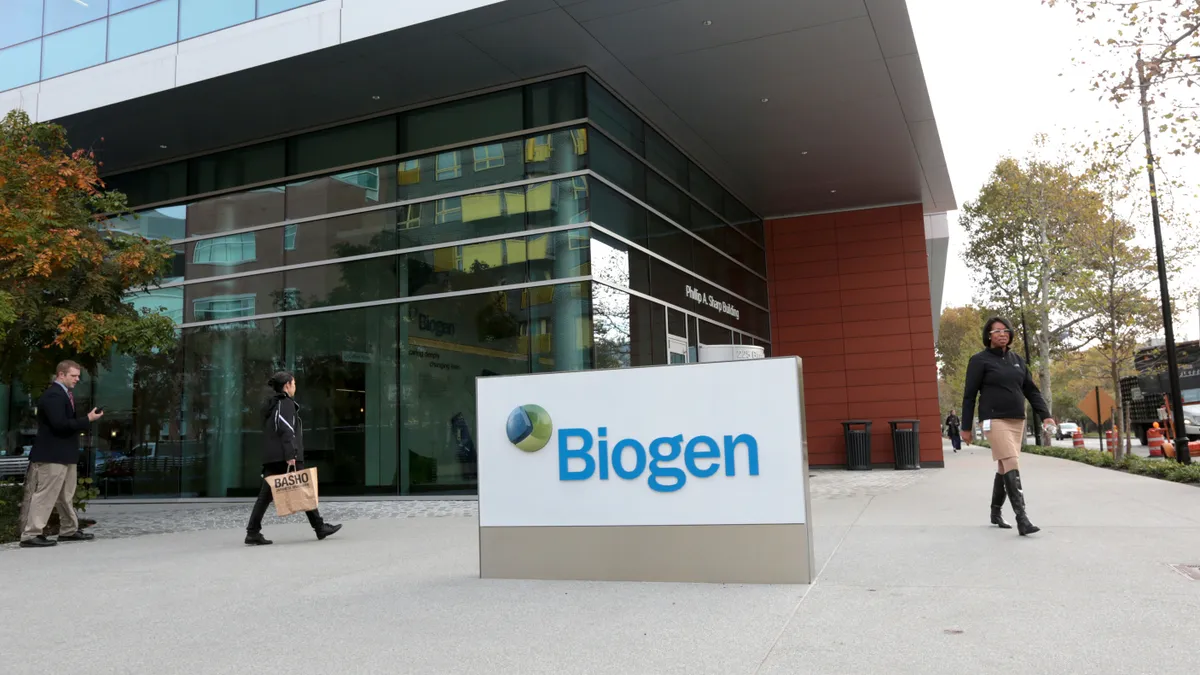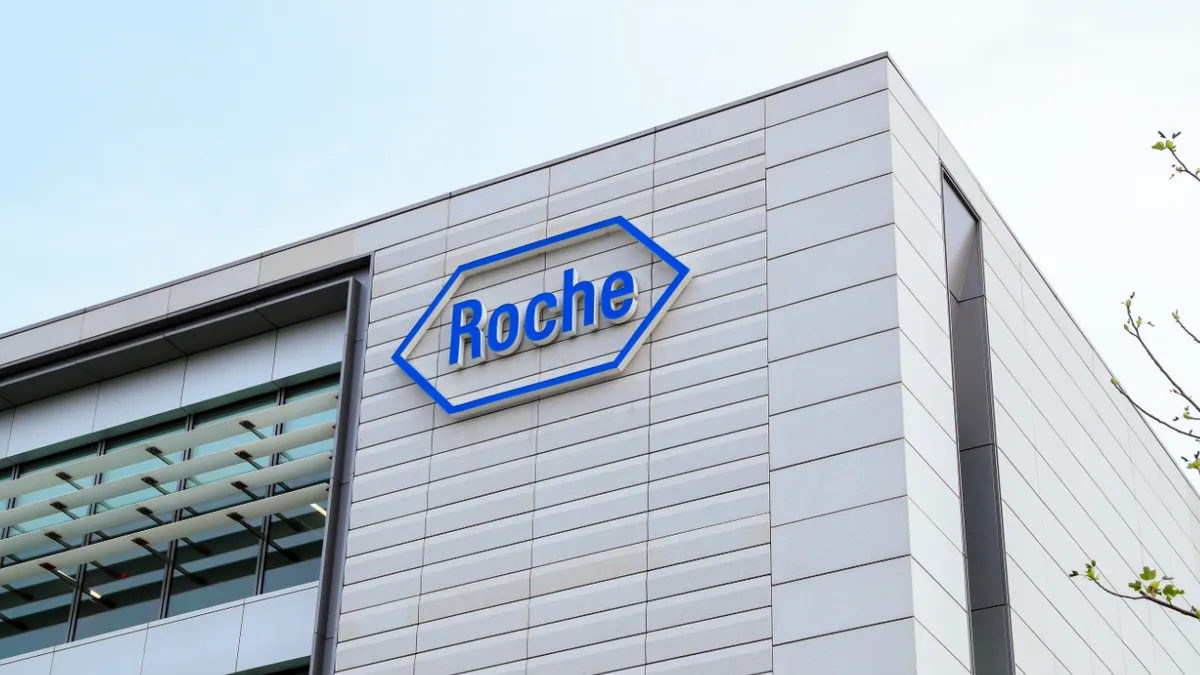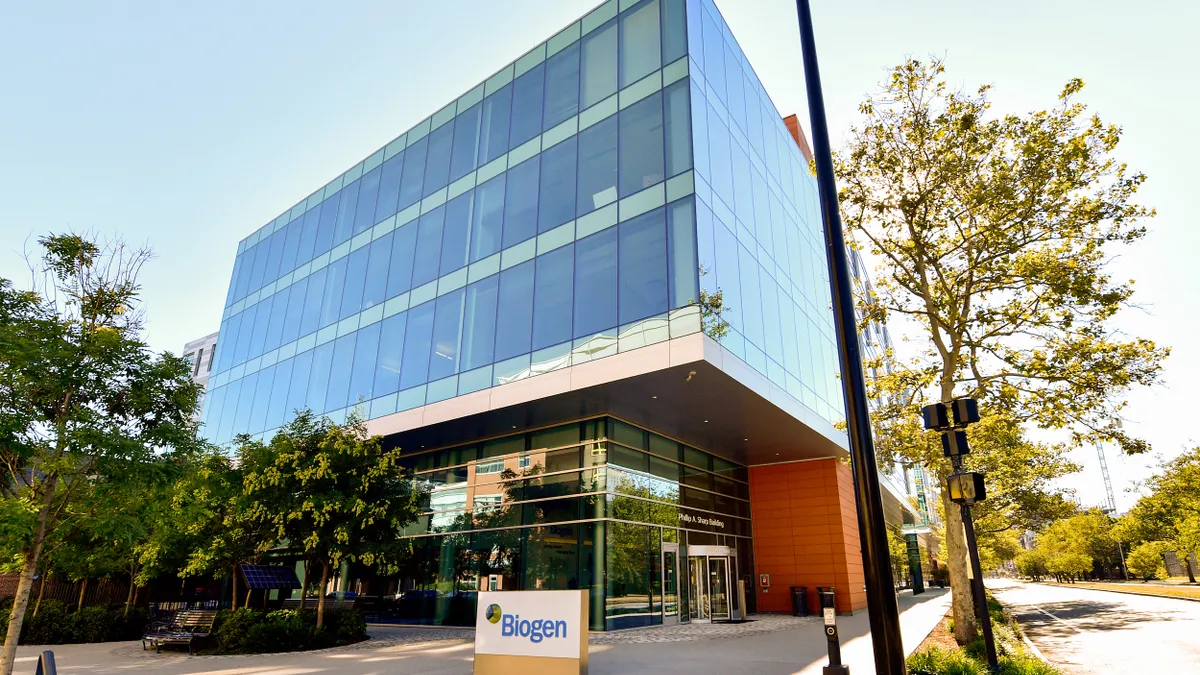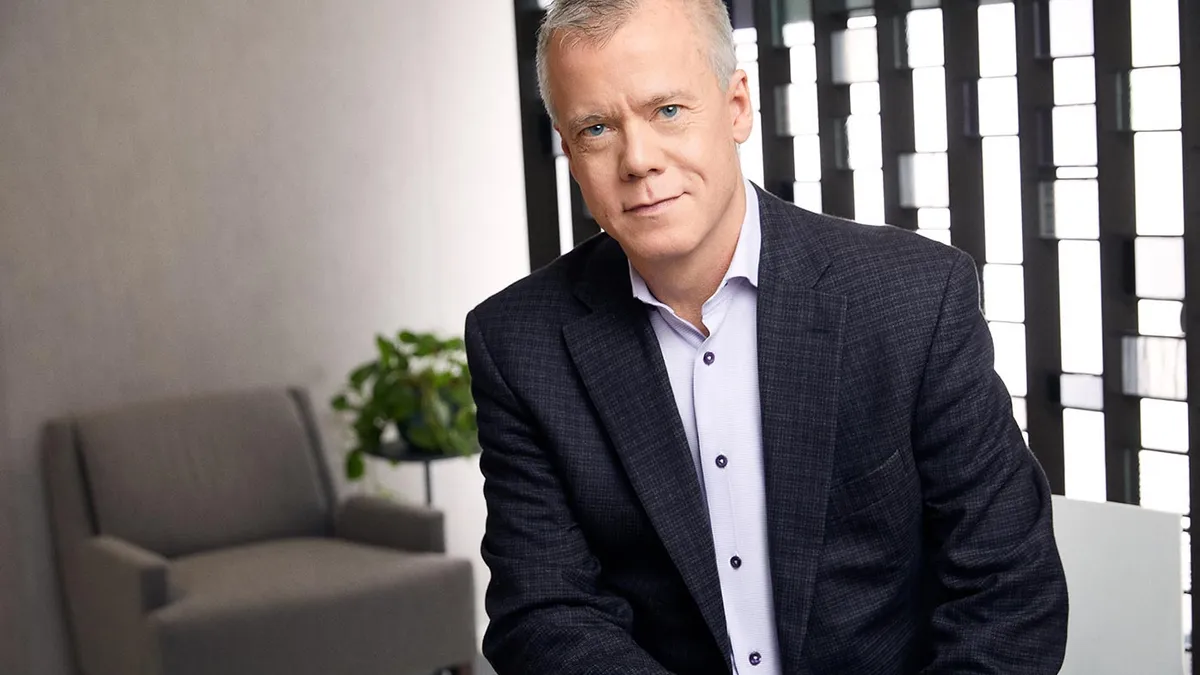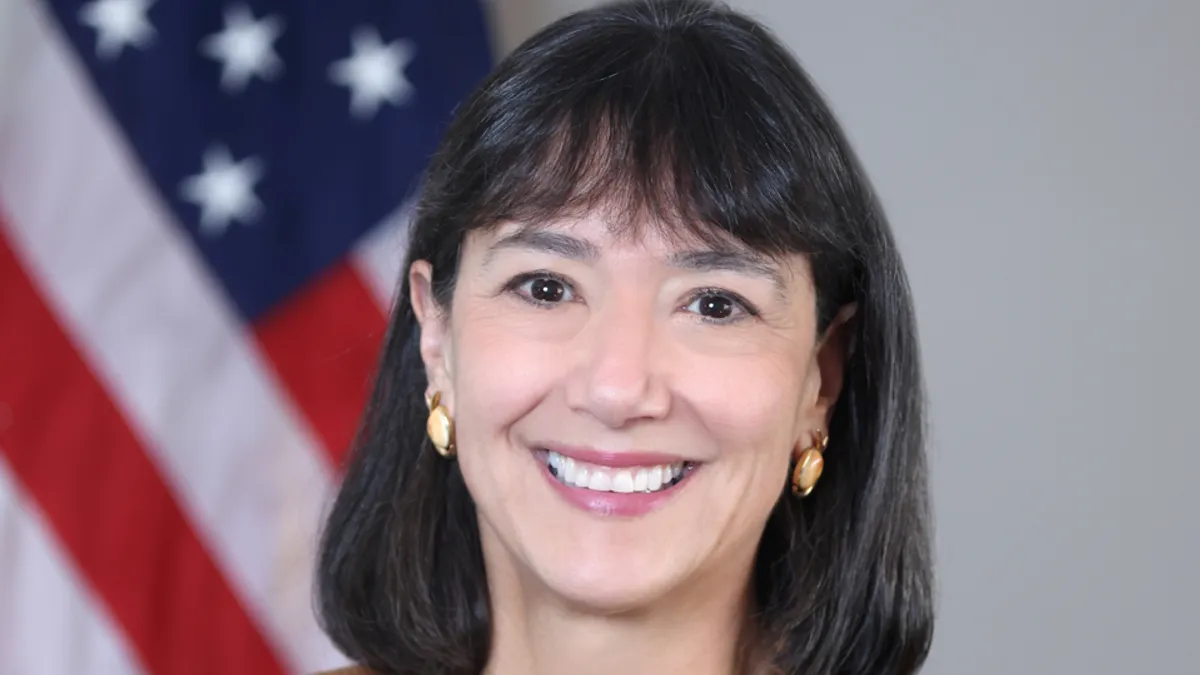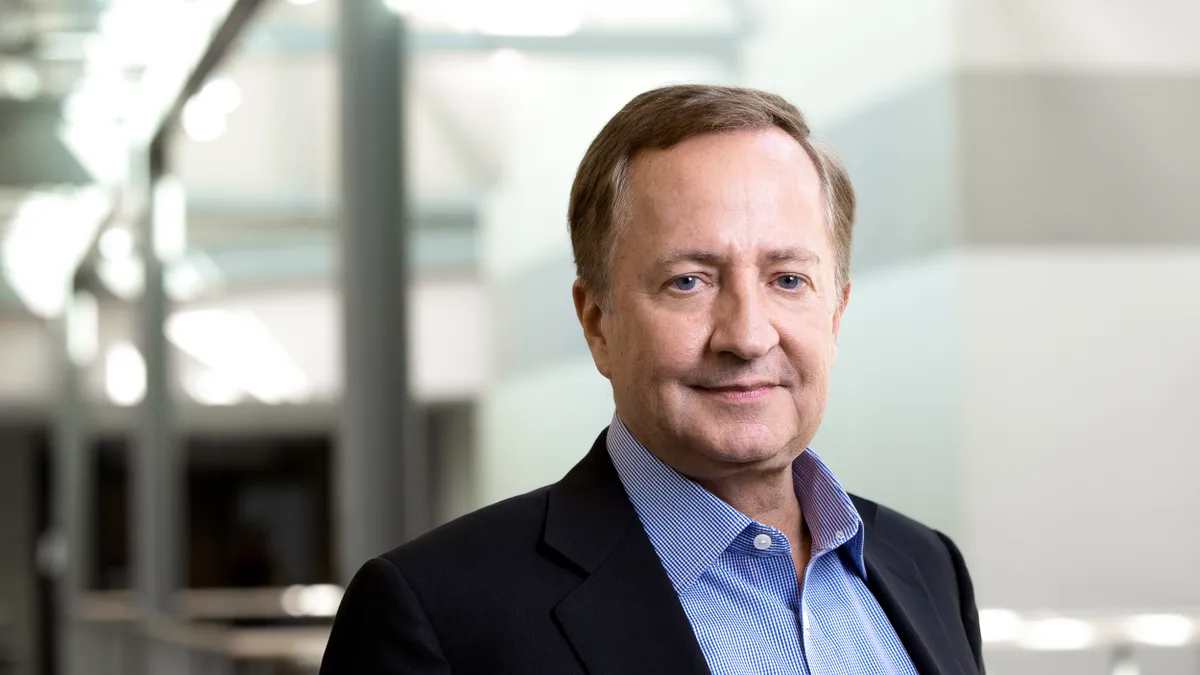Bayer looks to rebound from Monsanto debacle with new chief

Who: Bill Anderson, former CEO of Roche Pharma, will take the helm of the German multinational biotech company June 1, after months of intense investor pressure to sideline current CEO Werner Baumann.
Background: A trained chemical engineer, Anderson has spent over 30 years steeped in the biotech industry working across development, manufacturing, sales and marketing roles. He led Roche Pharma until late last year, when he exited after an announcement that the company’s long-serving CEO Severin Schwan would step down. Anderson also led biotech giant Genetech and served for close to a decade at Biogen, culminating in his role as vice president and general manager of its neurology business unit.
In a LinkedIn post announcing his new role, Anderson said: “I’ve spent my career focused on two major things 1) working on innovation that improves life, and 2) creating jobs and teams that are fulfilling, productive, and give people the opportunity to make a lasting, positive impact. What better place to that than Bayer(?)”
Why it matters: The executive switch is likely to bring a sigh of relief to some of the company’s biggest backers, as investors have reportedly been advocating for Bayer’s board to replace Baumann for months.
During his seven-year tenure as CEO, Baumann notably led Bayer’s “disastrous” 2018 acquisition of Monsanto, which led one investor to sue the company. Since the $63 billion deal went through, the company’s lost over 40% of its market value, partly due to a slew of lawsuits alleging Monsanto’s roundup weedkiller caused cancer that have ended in pricey settlements.
Dr. Norbert Winkeljohann, chair of Bayer’s supervisory board said in a statement that “Anderson’s mission is clear: enable Bayer to realize its full potential and create sustainable value for our shareholders, farmers, patients, consumers, employees, and all stakeholders of the company.”
Learn more: Last week we spoke to Bayer’s vice president of medical affairs about Bayer’s initiatives in women’s health and what it takes to innovate in the space.
Astellas shifts C-suite roles as it looks to hit the gas on growth in 2023
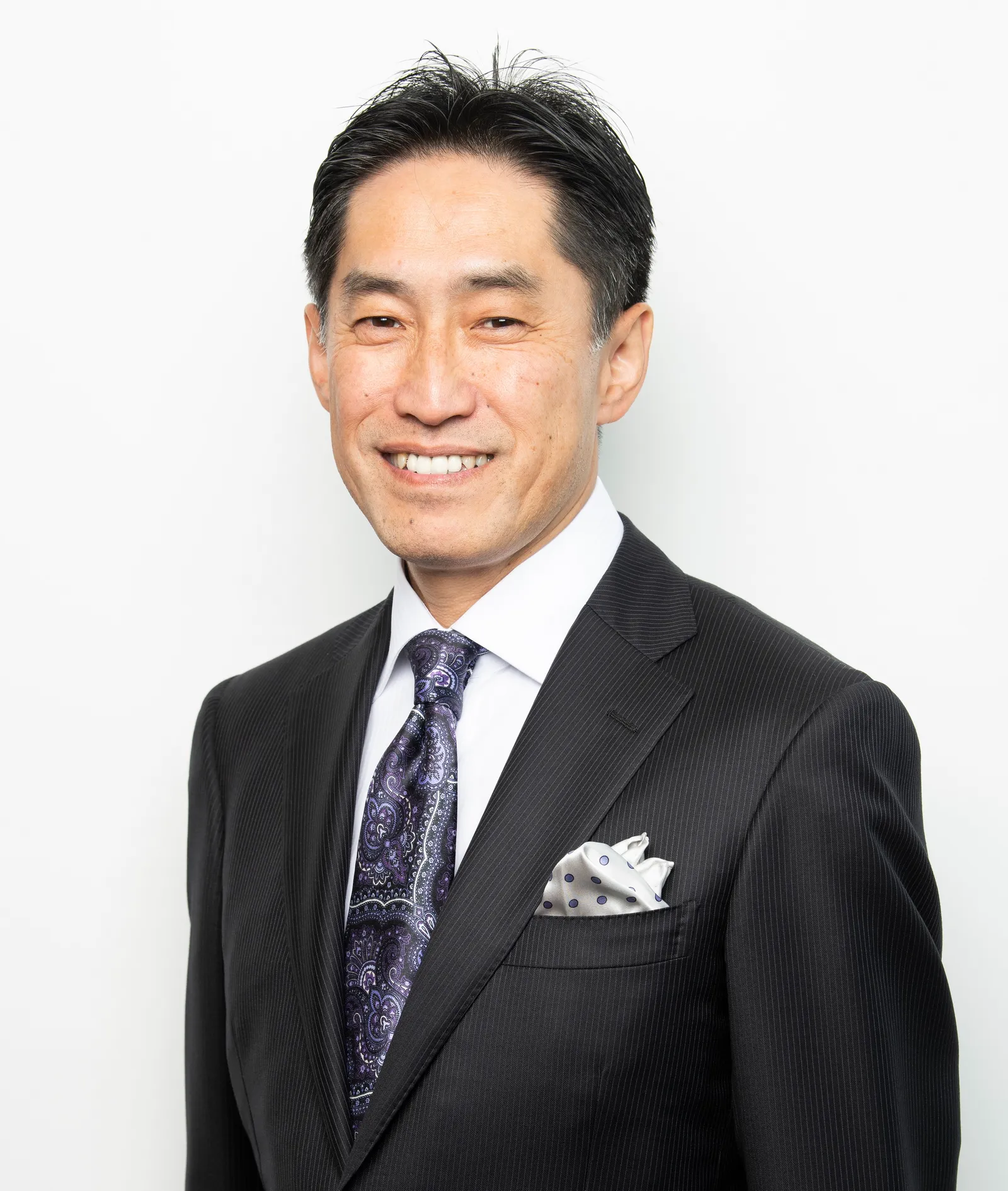
Who: Astellas Pharma is pushing for growth in 2023, and announced major C-suite changes this week to help it get there. Naoki Okamura, the company’s current chief strategy officer, will take the reigns as president and CEO from Kenji Yasukawa while Adam Pearson, head of corporate strategy, will move into his old role. Claus Zieler, president of established markets, was also named as Astellas’ new chief commercial officer.
Background: Okamura first joined the Japanese pharma in 2005 as director of licensing and alliances, and after leaving to lead OSI Pharmaceuticals for a brief stint, rejoined Astellas in 2011. Since then, he’s risen through the ranks, and ultimately took the role of chief strategy officer in 2018 as the company charted a five-year plan to increase revenue despite patent cliffs on some of its top products. Now as CEO, he’ll be charged with leading the company through its next inflection point, as it expands across new therapeutic areas.
He'll be joined in those pursuits by Pearson, who came to Astellas in 2004 after working for close to a decade at The Boston Consulting Group. Pearson managed Astellas’ corporate commercial strategy in markets across the globe, including in Europe and Asia. He also led the development and promotion of the company’s 2021 Corporate Strategic Plan.
Zieler promotion to chief commercial officer rounds out the C-suite. He came to Astellas in 2019 after over two decades leading global business development at Bayer and Schering AG. Throughout his four years at the company, Zieler has worked to expand Astellas’ footprint across both international and established markets.
Why it matters: It’s a big year for Astellas as it prepares to potentially add two first-in-class therapies to its growing list of commercialized medicine — one targeting vasomotor symptoms in menopausal women and another to treat locally advanced as well as metastatic gastric cancer.
“Fiscal year 2023 is the right time to go on the aggressive to further accelerate growth,” the company said in a release announcing the C-suite changes. “The environment surrounding the company is changing rapidly, such as increasing geopolitical risks and changes in the finances and markets of each country due to the COVID-19 crisis, but the new top management has the ability to be flexible in response to such changes.”
Most of Astellas revenue comes from its cancer drugs, but the company is also jockeying for a slice of the growing gene and cell therapy market. Despite myriad setbacks in the area over the last few years, including FDA clinical holds on two of its medications, the company is still confident its investments will succeed.
Learn more: We caught up with Astellas’ U.S. president in January to discuss why this year marks an “inflection point” for the company. And last year, we spoke with now CEO Noaki Okamura about Astellas’ focus area approach to partnerships.



